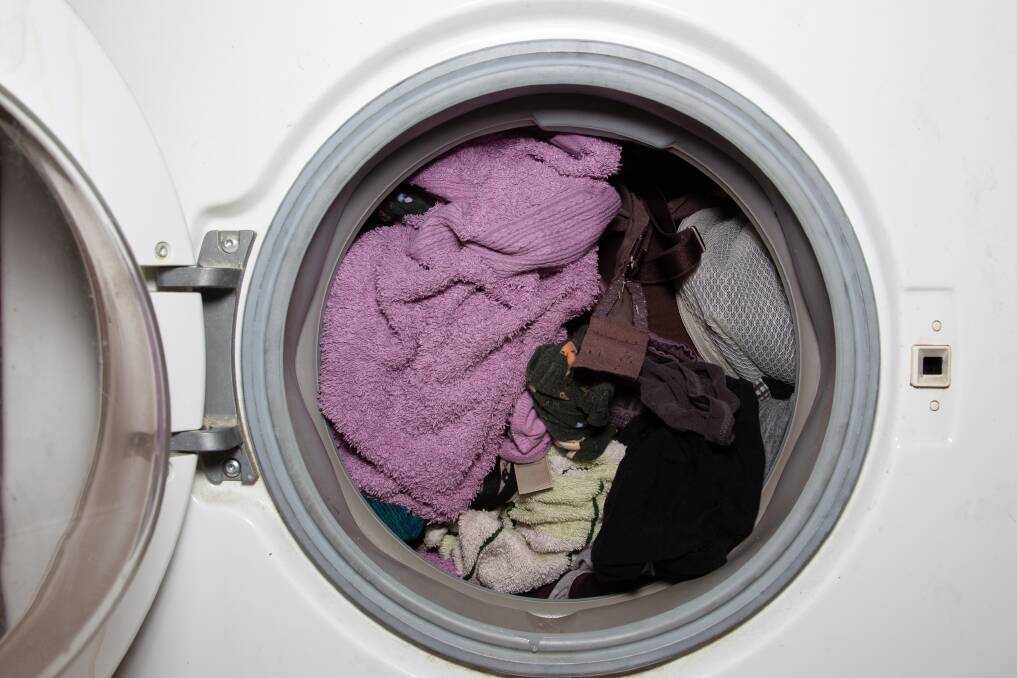
Washing your clothes is an unavoidable household task, one that's usually considered so mundane it can be easy to make mistakes which cost you time and the longevity of your garments.
From avoiding overloading the washing machine to neglecting maintenance, these five simple tips from sustainable home care brand Nontre.co can revolutionise your laundry routine.
1. Overloading the washing machine
Overloading the washing machine is a common mistake that can have several downsides. Firstly, cramming too many clothes into the machine reduces the water and detergent's ability to reach and clean each item thoroughly.
When the washing machine is overloaded, it may not rinse and drain properly, leading to soap residue and stains on the clothes.
Avoid these issues by following the manufacturer's recommendations regarding load capacity and ensure the machine has enough space for proper water circulation and agitation during the wash cycle.
2. Using the wrong type of detergent
Choosing the right laundry detergent goes beyond mere cleanliness, it's about safeguarding your clothes and your skin.
Traditional detergents with harsh chemicals can wreak havoc on skin health, leading to irritation, dryness and allergic reactions.
Opting for an eco-friendly, non-toxic detergent range ensures clean clothes and also prioritises skin health.
3. Not cleaning the washing machine
Neglecting to clean your washing machine regularly can lead to several downsides, including the accumulation of dirt, grime and detergent residue.
Over time, this buildup can create an ideal environment for mould, mildew, and bacteria to thrive, resulting in unpleasant odours and potentially staining your clothes.
A dirty washing machine may not rinse clothes thoroughly, leaving behind soap residue that can cause stains or discoloration.
Regular cleaning of your washing machine ensures clean, fresh-smelling laundry, and prevent potential staining and damage to your clothes.
4. Not using wool balls in the dryer
Incorporating wool balls into your laundry routine can have numerous benefits beyond just softening fabrics.
Their natural properties help combat static electricity, reducing the likelihood of wrinkles forming during the drying cycle.
When tossed into the dryer along with your clothes, wool balls also facilitate faster drying times, saving time and reducing electricity costs.
Unlike conventional dryer products laden with harmful chemicals, wool balls are safe and gentle on sensitive skin.
For optimal results, consider incorporating Nontre.co's Wool Dryer Balls into your laundry routine, providing unmatched protection for your clothes, your drying machine, and your skin.
5. Tumble drying certain fabrics
Fabrics such as cotton, wool and linen have a tendency to shrink when exposed to high heat in the dryer.
This shrinkage occurs due to the fibres tightening and contracting during the drying process.
To properly dry these fabrics and prevent shrinkage, it's essential to follow specific care instructions.
For cotton garments, use a low or medium heat setting and removing them from the dryer while slightly damp to air dry the rest of the way.
Wool items should be laid flat to dry to maintain their shape and prevent stretching or shrinking.
Linen should also be air-dried to avoid excessive wrinkling and potential shrinkage.
By following these proper drying techniques, you can preserve the integrity and longevity of your clothing made from these shrink-prone fabrics.

